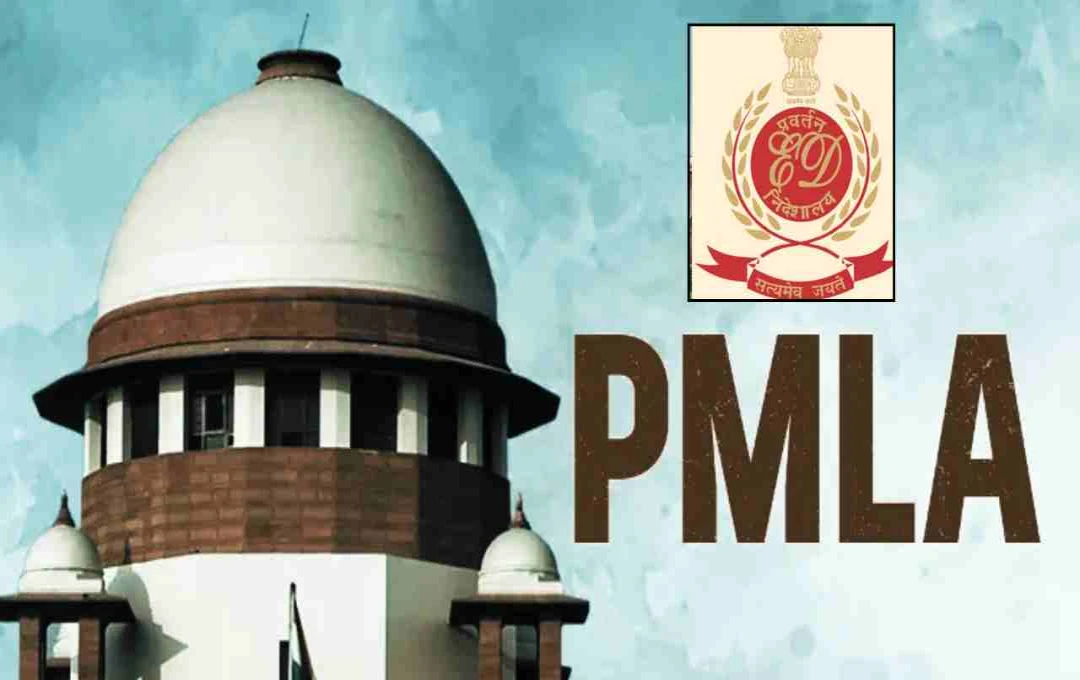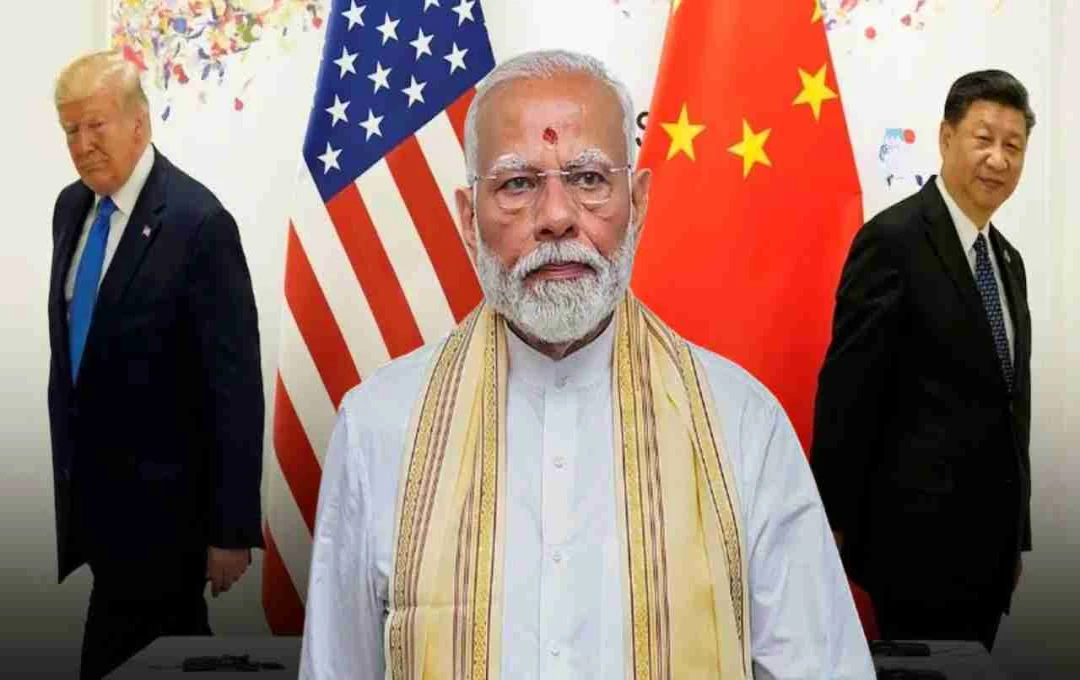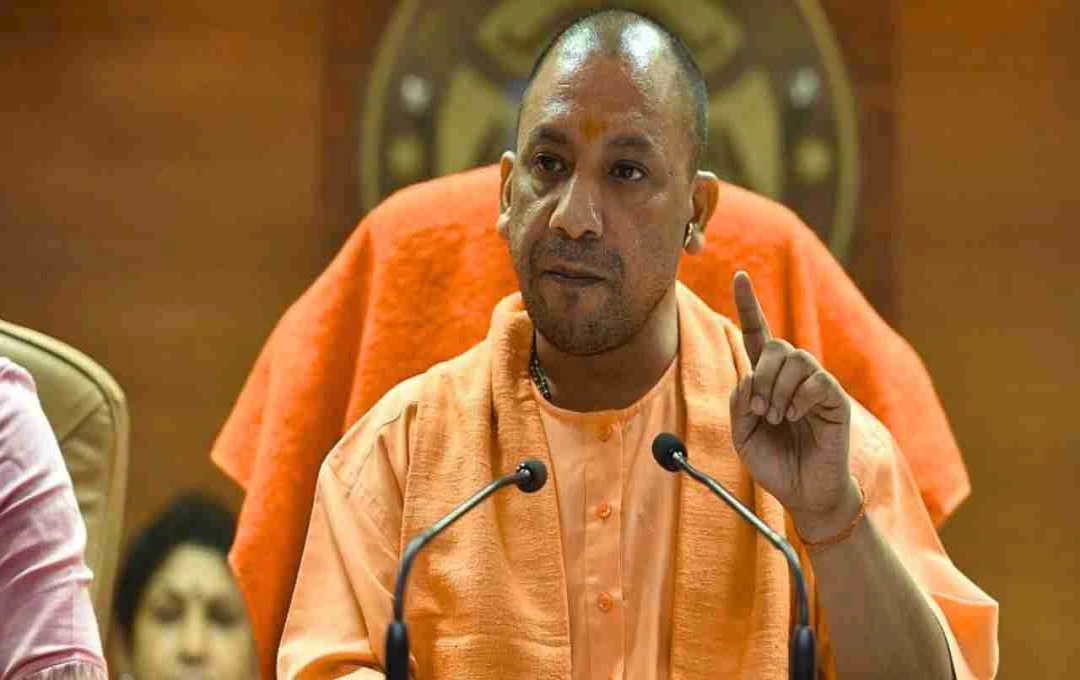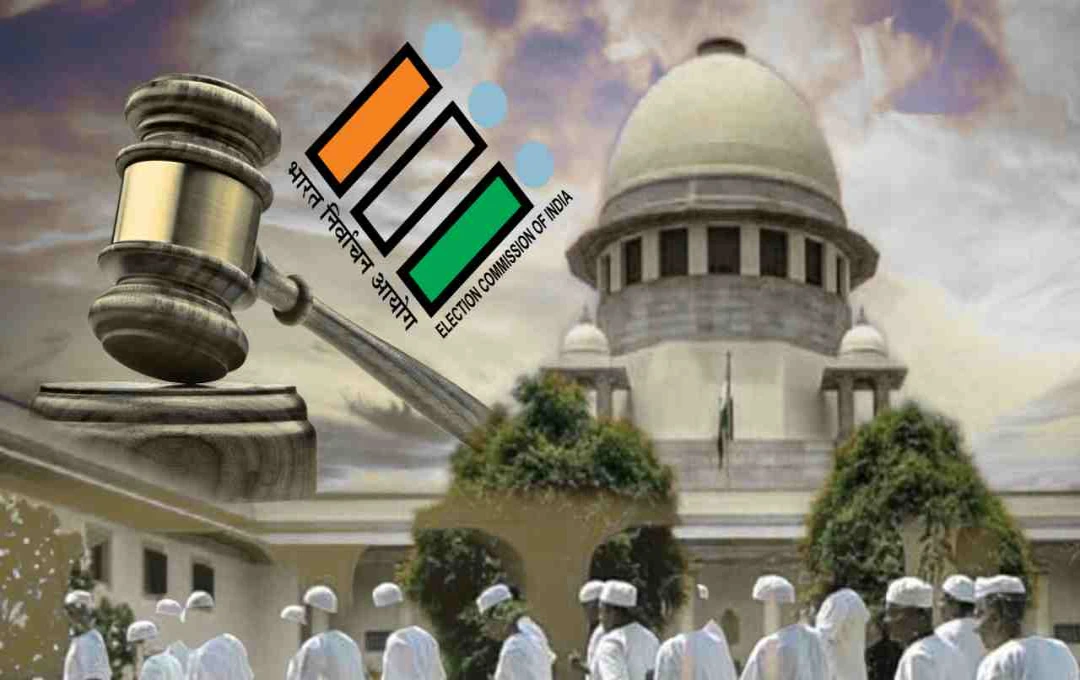The Supreme Court will reconsider certain provisions of the Prevention of Money Laundering Act (PMLA). While the Court previously upheld these provisions as constitutional, a review is now underway.
New Delhi: The Supreme Court will again rigorously examine the validity and interpretation of the Prevention of Money Laundering Act (PMLA), the anti-money laundering law. A three-judge bench will hear the case on May 7th, specifically considering whether the Enforcement Directorate's (ED) extensive powers align with fundamental rights. The Court will also assess whether statements recorded under Section 50 of the PMLA by the ED are admissible as evidence in court.
The 2022 Ruling and its Impact
In July 2022, the Supreme Court upheld several sections of the PMLA, validating the ED's powers of arrest, interrogation, search, and seizure. The Court stated that the Act was of a special nature, designed with the nation's economic security in mind. However, following the ruling, civil rights activists, lawyers, and opposition leaders questioned the decision, arguing that the ED's investigative process lacked judicial oversight and infringed upon citizens' fundamental rights.
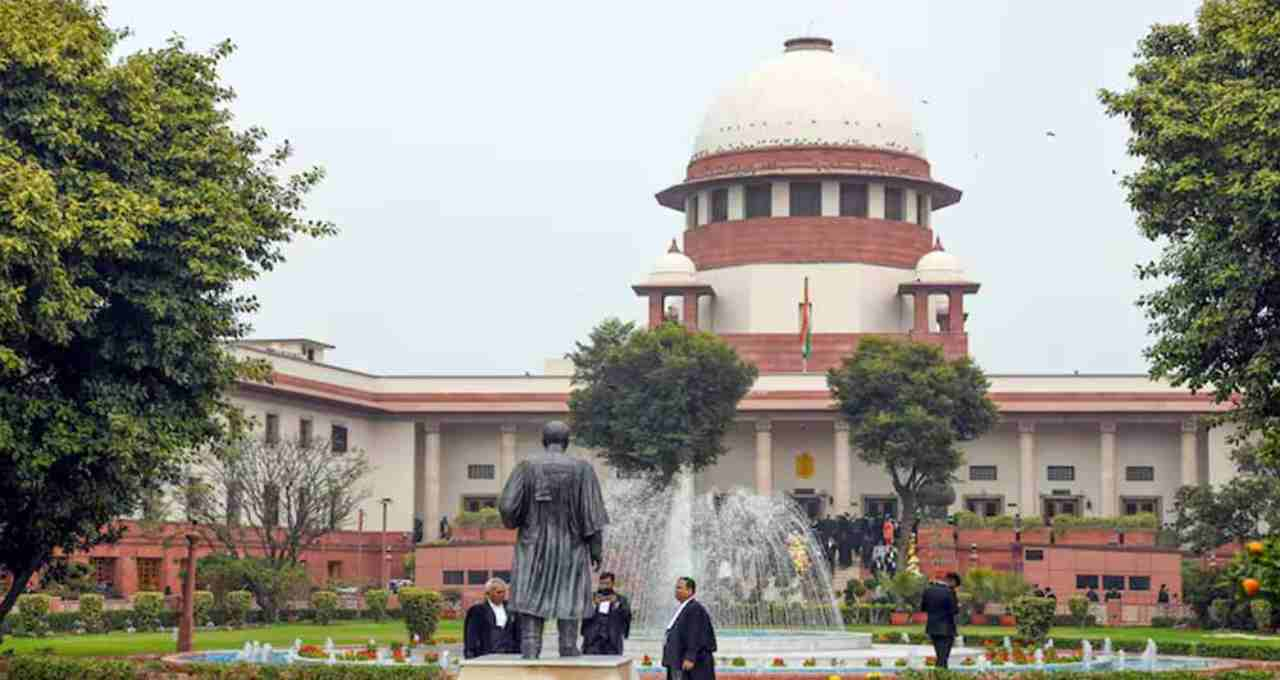
Is the Review Petition an Appeal in Disguise?
With the Supreme Court rehearing the case, a primary question is whether the review petition falls within the permissible scope defined by the Constitution. In August 2024, Justice C.T. Ravikumar (now retired) raised concerns about the petition potentially being an appeal in disguise.
ED Statements: Evidence or Coerced Confession?
Section 50 of the PMLA grants the ED the authority to record statements during questioning. The 2022 ruling allowed these statements to be used as evidence in trials. The Court will now examine whether this process contradicts the fundamental principles of criminal law, where self-incriminatory statements are inadmissible unless freely and voluntarily given.
The Court's central concerns during the hearing will include whether the ED's powers undermine citizens' fundamental rights; whether these powers could be misused for political vendetta; and whether an investigative agency should possess the autonomy to effect arrests and seizures without a First Information Report (FIR).
